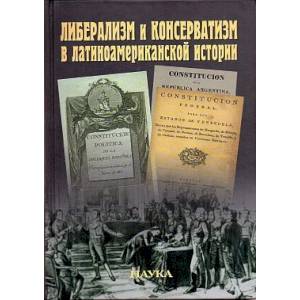Liberalism and conservatism in Latin American history
Please sign in so that we can notify you about a reply
Liberalism and conservatism became the determining ideological landmarks of the Latin American states after the conquest of independence in the first quarter of the 19th century. The liberal ideology was to break the block of unshakable conservative truths, which underlined all the prevailing concepts of the management of the peoples of Spanish and Portuguese America: dogma about the omnipotence of the Church, the infallibility of the pope, the inviolability of monarchies, colonial privileges and traditionalism. In the acute struggle of liberals and conservatives, a new ideology of Latin American countries was formed. The ideals of liberalism were based on the principles proclaimed by the Great French Revolution and then multiplied by world political experience: freedom, equality, brotherhood, secular state and education, federal republic, democracy, progress. The identity of Latin American experience was reflected in aprism that arose in 1924, and then, on its basis in the mid-30s of National Reformism. Both trends until now are used in the political practice of Latin American countries. Together with them in the 30-50s, purely national reformist movements arose: cardenism, Vargasism, peronism, etc.
For historians, political scientists, students and all those interested in the history of Latin America
For historians, political scientists, students and all those interested in the history of Latin America
Author:
Author:Shchelchkov Andrey Arkadyevich, Evgeny Aleksandrovich, Kazakov Vladimir Petrovich
Cover:
Cover:Hard
Category:
- Category:Biographies & Memoirs
- Category:History & Geography
- Category:Travel & tourism
Publication language:
Publication Language:Russian
Paper:
Paper:Offset
ISBN:
ISBN:978-5-02-040120-4
No reviews found
